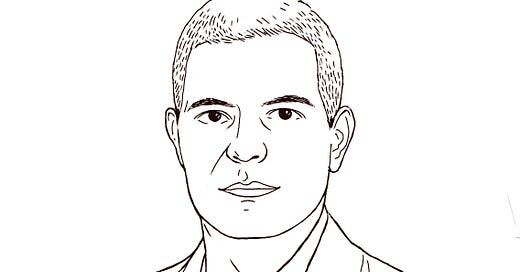I’m in Armenia, developing a reporting project on the ethnic cleansing of Nagorno-Karabakh. That will appear soonish in Compact. But meanwhile, on the long flight over, I had a chance to dig into the latest issue of New Left Review, and found myself absorbed by Oliver Eagleton’s big retrospective essay on the Swedish sociologist and longtime NLR contributor Göran Therborn. Though overflowing with admiration (“his prose has always had an urgent pedagogical tone…”), the essay is essentially an intra-left polemic, and an important one for anyone interested in the development of the materialist tradition.
Eagleton thoroughly sums up Therborn’s body of work, then proceeds to critique it. The resulting clash of ideas contains important clues for understanding the current shape of the Western left: its growing “dealignment” from the poor and working classes across the developed world, and its strange turn toward apocalyptic politics as evinced in green anti-humanism and the embrace of a harshly disciplinary biopolitics in the course of the pandemic (remember that?).
Therborn can best be described as the grand theorist of the twilight of the dialectic. Beginning in the 1980s and ’90s, and especially after the turn of the millennium, he set out to explain the socialist left’s world-historic doldrums. It wasn’t just that capitalism had routed all opposition, as another NLR stalwart, Perry Anderson, argued in the year 2000. For Therborn, it was the dialectic itself that had ground to a halt.
In the classical Marxist telling, social systems are racked by an inherent contradiction: The very success of dominant classes inevitably calls forth the thing that would sound their death knell. Thus, under capitalism, economic and technological development (the forces of production) would heighten the irrationality of private domination (the relations of production); exploitation would activate the oppositional energy of the laboring classes; the bourgeoisie would empower their own “gravediggers,” in the evocative phrase of the Manifesto.
Socialists were tasked with guiding one side in this antagonism toward victory over the other; and so giving birth to the social promise already embryonated in capitalism. The binary structure of the contradiction lent the socialist movement a sense of headlong futurity: A better world, after all, could already be glimpsed in the promethean achievements of the working class under capitalism. “The future was latent in the present,” as Eagleton puts it.





